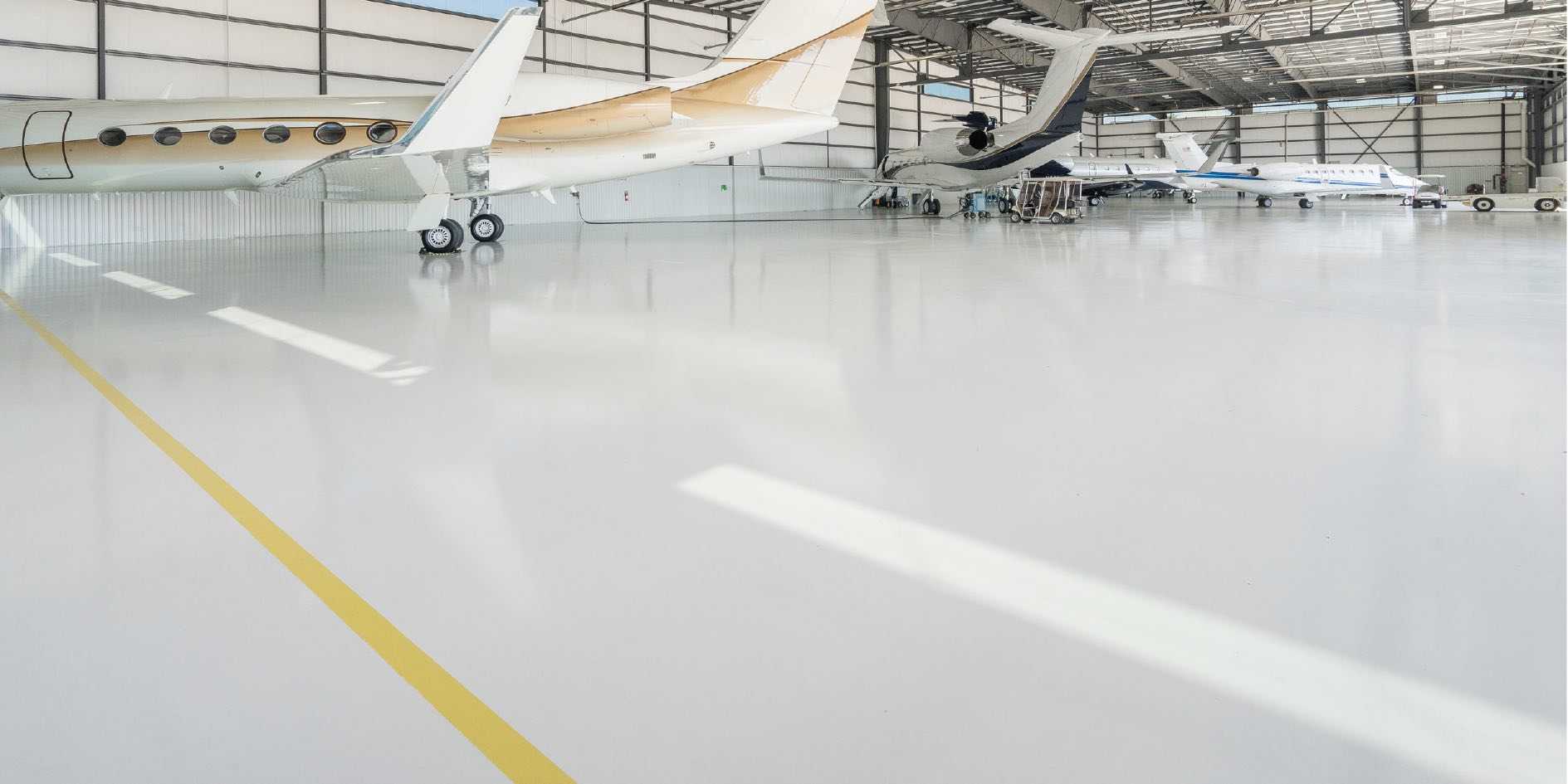.
.
.
.
.
.
.
.
.
.
.
.
.
.
.
- .
- .
- .
- .
- .
- .
.
.

- .
- .
- .
.
.
.
.
.
.
.
.
.
.
.
Este tratamiento aporta un aspecto nuevo durante mucho tiempo, y cumple con las normas y directrices que se aplican en las empresas a largo plazo, de modo que la salud y la seguridad en el trabajo, los permisos de explotación y otros requisitos importantes necesarios para gestionar las operaciones diarias pueden mantenerse fácilmente.
.
.
